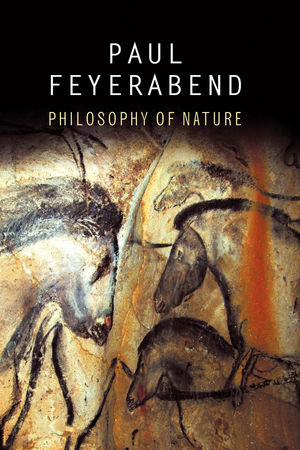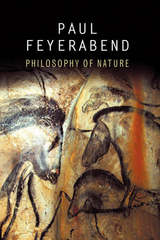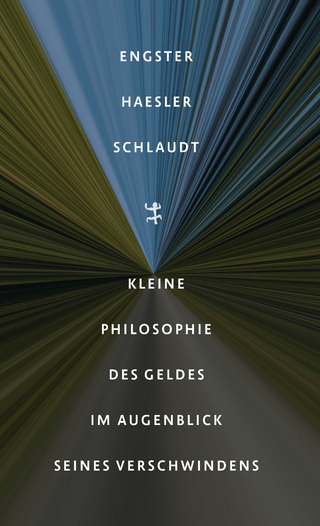Philosophy of Nature
The book’s manuscript was long believed to have been lost. Recently, however, a typescript constituting the first volume of the project was unexpectedly discovered at the University of Konstanz. In this volume Feyerabend explores the significance of myths for the early period of natural philosophy, as well as the transition from Homer’s “aggregate universe” to Parmenides’ uniform ontology. He focuses on the rise of rationalism in Greek antiquity, which he considers a disastrous development, and the associated separation of man from nature. Thus Feyerabend explores the prehistory of science in his familiar polemical and extraordinarily learned manner.
The volume contains numerous pictures and drawings by Feyerabend himself. It also contains hitherto unpublished biographical material that will help to round up our overall image of one of the most influential radical philosophers of the twentieth century.
Paul Feyerabend (1924-1994) was Professor of Philosophy at the University of California, Berkeley.
An Introduction by Helmut Heit and Eric Oberheim
Editorial Notes
Paul Feyerabend: Philosophy of Nature
Preliminary Note
1. Presuppositions of the Myths, and the Knowledge of their Inventors
1.1. Stone Age Art and Knowledge of Nature
1.2. Megalithic Astronomy (Stonehenge)
1.3. Critique of Primitivist Interpretations of the Prehistoric Era
1.4. The Dynamic Worldview of Stone Age Humans
2. The Structure and Function of Myths
2.1. Theories of Myth
2.2. The Theory of Nature Myths and Structuralism
3. Homer’s Aggregate Universe
3.1. The Paratactic World of Archaic Art
3.2. Worldview and Knowledge in Homer’s Epics
3.3. Views of Reality and the Language of Science: Some Basic Considerations
4. Transition to an Explicitly Conceptual Approach to Nature
4.1. The New World of the Philosophers: Advantages and Disadvantages
4.2. Historical Factors for the Emergence of Philosophy
4.3. Predecessors in Hesiod’s and Oriental Cosmogonies
5. Philosophy of Nature through Parmenides
5.1. Hesiod and Anaximander: Changing Worldviews
5.2. Xenophanes: Critic of Religion and Epistemologist
5.3. Parmenides: The Origins of Western Philosophy of Nature
6. Western Philosophy of Nature from Aristotle to Bohr
6.1. Aristotle’s Research Program
6.2. Descartes: The Mathematical Approach to Nature
6.3. Galileo, Bacon, Agrippa: Empiricism without Foundations
6.4. Hegel: The Dynamics of Concepts
6.5. Newton, Leibniz, Mach: Problems of Mechanism
6.6. Einstein, Bohr, Bohm: Signs of a New Era
7. Conclusion
| Erscheinungsdatum | 14.05.2016 |
|---|---|
| Verlagsort | Oxford |
| Sprache | englisch |
| Maße | 163 x 236 mm |
| Gewicht | 590 g |
| Themenwelt | Geisteswissenschaften ► Philosophie ► Metaphysik / Ontologie |
| ISBN-10 | 0-7456-5159-3 / 0745651593 |
| ISBN-13 | 978-0-7456-5159-0 / 9780745651590 |
| Zustand | Neuware |
| Haben Sie eine Frage zum Produkt? |
aus dem Bereich




